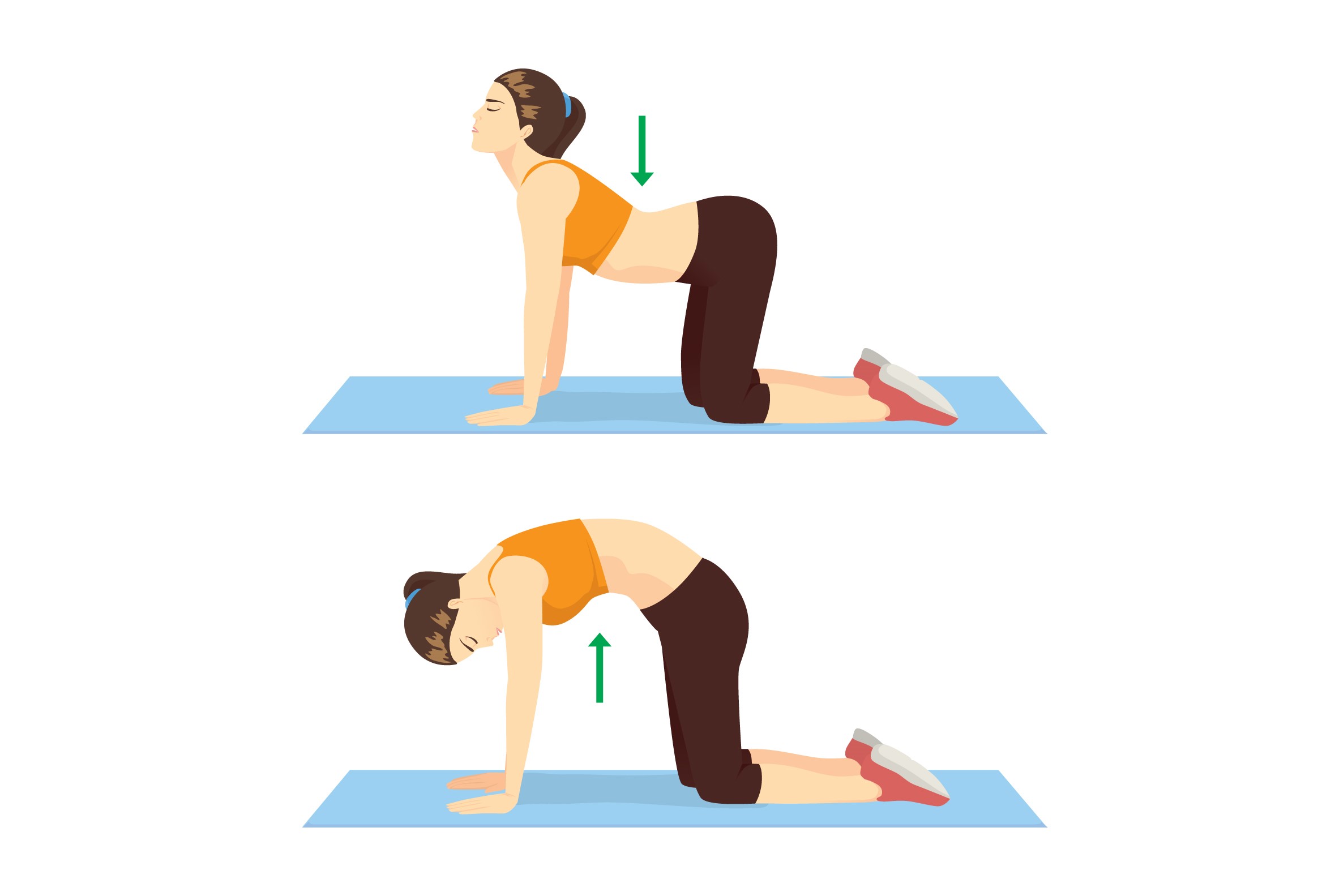Yoga for Exam Stress Relief
Exams are one of the most challenging periods in a student’s life. The anxiety and pressure can affect both mind and body, leading to fatigue, poor focus, and even sleepless nights. Yoga offers a natural, scientifically supported way to manage stress, improve memory, and enhance concentration. This comprehensive guide will explore yoga poses, breathing techniques, mindfulness strategies, and routines specifically designed for students facing exam stress.
Understanding Exam Stress
Exam stress triggers the body's "fight or flight" response, releasing hormones like cortisol and adrenaline. Short-term stress can motivate, but chronic stress negatively affects memory, attention, and decision-making. Students often experience anxiety, irritability, and sleep disturbances. Yoga helps counteract these effects by activating the parasympathetic nervous system, calming the mind and body.
Studies indicate that regular yoga practice reduces cortisol levels and improves cognitive performance, making it an ideal companion to traditional study methods.
How Yoga Helps Relieve Exam Stress
Yoga combines physical postures, breathing exercises, and mindfulness practices to bring balance to the body and mind. Its benefits for students include:
- Reducing Anxiety and Depression: Mindful yoga reduces stress hormones and promotes a sense of calm.
- Enhancing Memory and Cognitive Function: Yoga improves hippocampal volume, aiding memory and recall.
- Improving Sleep Quality: Relaxing poses before bed enhance deep, restorative sleep.
- Boosting Focus and Concentration: Meditation and pranayama sharpen attention and mental clarity.
Effective Yoga Poses for Exam Stress Relief
Child’s Pose (Balasana)
Child’s Pose calms the nervous system, stretches the back and hips, and relieves stress.
Instructions: Kneel on the floor, sit back on your heels, and stretch your arms forward. Breathe deeply, relax the shoulders, and hold for 2–3 minutes. Variations: Support forehead with a block for deeper relaxation.
Cat-Cow Pose (Marjaryasana-Bitilasana)

Cat-Cow Pose improves spinal flexibility, reduces tension, and increases energy.
Instructions: Start on hands and knees, inhale arching the back (cow), exhale rounding the back (cat). Repeat for 8–10 cycles. Benefits: Releases tension in the neck and shoulders, improving posture during long study hours.
Downward Dog (Adho Mukha Svanasana)

Downward Dog energizes the body, improves circulation, and stretches the entire body.
Instructions: From plank, lift hips to form an inverted V-shape. Press heels toward the floor. Hold for 1–2 minutes, breathing deeply. Benefits: Boosts circulation, relieves fatigue, and strengthens the core and shoulders.
Legs-Up-the-Wall Pose (Viparita Karani)

Legs-Up-the-Wall Pose relieves anxiety and promotes deep relaxation.
Instructions: Lie down near a wall, lift legs, and rest. Focus on breathing for 5–10 minutes. Benefits: Reduces swelling in legs, lowers heart rate, and calms the mind before studying or exams.
Corpse Pose (Savasana)

Savasana allows full-body relaxation and mental integration after yoga practice.
Instructions: Lie flat, arms slightly away from body, palms up. Close eyes and breathe naturally. Hold 5–10 minutes. Benefits: Deeply relaxes the body, reduces stress, and integrates yoga practice effects.
Breathing Techniques for Exam Stress
Nadi Shodhana (Alternate Nostril Breathing)
Balancing breath through nostrils calms the nervous system and prepares the mind for focused study. Practice for 5–10 minutes daily.
Ujjayi Breath (Victorious Breath)
Slow, controlled breath with slight throat constriction. Enhances focus and relieves anxiety. Integrate into yoga flows or meditation sessions.
Kapalbhati (Skull Shining Breath)
Rapid exhalations energize the body, clear mental fatigue, and sharpen concentration. Perform 3 rounds of 30 breaths.
Creating a Yoga Routine for Exam Preparation
Morning: Surya Namaskar, Nadi Shodhana
Pre-study Break: Child’s Pose, Legs-Up-the-Wall Pose
Evening: Gentle Flow, Savasana for deep relaxation
Tips: Consistency is key. Even 15 minutes daily can significantly reduce stress levels.
Mindfulness & Meditation
Incorporate mindfulness meditation before study sessions. Focus on breathing, observe thoughts without judgment, and gently bring attention back. Benefits: Improves attention span, memory retention, and reduces exam-related anxiety.
Nutrition & Lifestyle Tips
Balanced diet, hydration, and sleep complement yoga practice. Include brain-boosting foods like nuts, fruits, and dark chocolate. Avoid excessive caffeine and junk food before exams.
Frequently Asked Questions
Can yoga replace studying?
No. Yoga complements study by reducing stress and improving focus, not replacing learning.
How often should I practice?
Daily practice is ideal. Even 10–20 minutes provides noticeable benefits.
Do I need special equipment?
A yoga mat is recommended, but most poses can be done on a carpet or soft floor.
What if I have limited space?
Many poses, including breathing techniques, can be done in a small area or even at a desk.
Can yoga help during exam week?
Yes. Short yoga sessions and mindful breathing reduce immediate stress and improve performance.
Is yoga suitable for all students?
Yes. Yoga can be adapted for beginners, students with physical limitations, and advanced practitioners.
Conclusion
Yoga is a powerful tool to manage exam stress, boost focus, and improve overall well-being. By incorporating poses, breathing techniques, and mindfulness practices, students can face exams with confidence and calm. For a practical guided session, watch this video:
